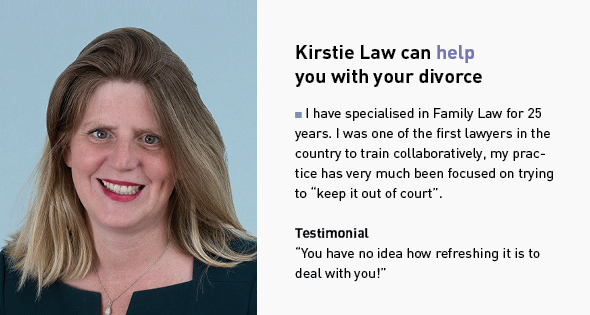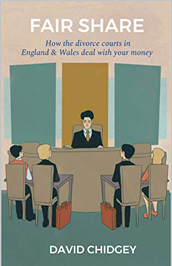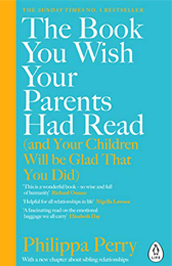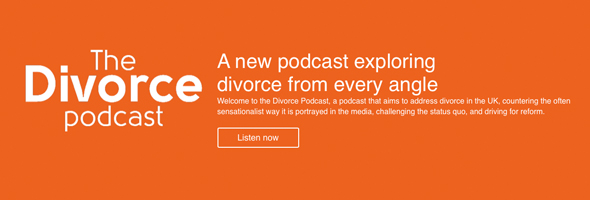Why Is Mediation Still Relevant Following The Introduction Of No Fault Divorce?

- This blog contains affiliate links, which we may receive a commission for purchases. The decision is yours, whether or not you decide to buy.
Since 06 April 2022 it has been possible to petition for divorce without giving a reason other than that the marriage or civil partnership has broken down irretrievably.
Prior to 06 April 2022 if a couple had not been separated for at least two years then the petitioning party had to cite the other party’s adultery or unreasonable behaviour as a reason.
Now there is no need to give any reason you just need to confirm that the marriage has broken down irretrievably (this remains the only ground for divorce).
As a result, the divorce process has become much simpler and a lot of people are dealing with the divorce paperwork themselves; either issuing solely or jointly.
It is however important to appreciate that this only deals with the dissolution of a marriage or civil partnership and does not resolve any issues in respect of the arrangements for the children or finances.
Some couples are able to resolve the arrangements for their children direct, but for others, having the benefit of discussing different options with a mediator reduces conflict.
The mediator may suggest solutions that the couple has not previously considered and a mediator qualified to see children can ascertain their wishes and feelings so that, if appropriate, the couple can take them into account.
Under the new divorce law it takes 20 weeks to get a conditional order (previously called decree nisi) and then there is a minimum period of six weeks and a day before the final order (previously decree absolute) can be applied for.
Following the conditional order the court can approve a financial settlement if an agreement has been reached. A financial settlement is not binding unless or until it is approved by the court. Mediation can assist a couple to resolve their financial issues.
It is important that there is full disclosure and that all assets are taken into account, for example pensions. Again the mediator can work through potential different options with a couple and, where appropriate, involve experts, such as accountants and pension actuaries.
It is important to appreciate that although the divorce process itself has arguably become simpler because there is no option to cite fault on the part of the other party, it is still important to ensure that the arrangements for the children and financial issues are properly dealt with.
Mediation is one way of resolving these issues, but there is also collaboration, arbitration, and negotiations - whether these are between the couple direct, or with the assistance of solicitors
It is hoped that a less confrontational start to the divorce process will mean that more couples choose these alternative means of resolving the other issues, rather than going to court, which is generally more expensive and takes a lot longer than the alternatives.
Written by Kirstie Law Solicitor, Collaborative Lawyer and Mediator at Thomson Snell & Passmore.www.ts-p.co.uk
You may also like
Books
Buy now from Amazon
- The Co-Parenting Handbook
- Fair Share: How the divorce courts in England & Wales deal with your money
- The Book You Wish Your Parents Had Read THE #1 SUNDAY TIMES BESTSELLER
Podcast
Kate Daly is co-founder of amicable and host of the The Divorce Podcast. Kate created The Divorce Podcast to discuss and demystify divorce, separation and co-parenting in the UK. In each episode, Kate is joined by experts in their field to explore divorce and separation from every angle.
Articles
- Divorce Mediation Explained
- 7 Things You Should Think About Before Filing For Divorce
- Is Online Mediation Right For You?
Videos
Practical advice and tips from professionals on what to do with issues and challenges around divorce from parenting to finance.
Events
Practical tips & advice designed to help people going through divorce, whether online or in person.
Useful links
Here's a selection of organistaioins from parenting to finance to help you with your divorce.
Legal professionals
Related Posts
-

Divorce And Friendships: Navigating Shared Social Circles
-

Managing Divorce Post-Christmas: Unveiling The January Surge In Separations
-

Thriving Through The Holidays: A Guide To Resilience And Self-Discovery After Christmas, Separation, And Divorce
-

5 Rights Of A Child After Divorce
-

Six Ways A Divorce Coach Can Transform Your Divorce Journey


.jpg)





.jpg)

